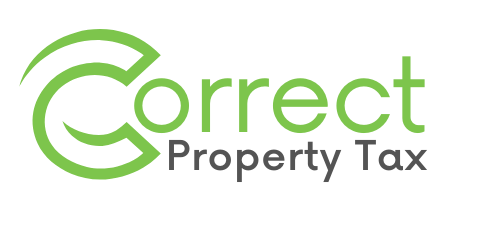5 Things You Should Know About Appealing Your Property Taxes
Navigating the appeal process of reducing your property taxes is difficult,; doing it without any knowledge of the process is a nightmare. It may feel like there is a secret door to unlock and no one gave you the key. Information published by the Department of Local Government Finance is quite complex. Tax bills are coming soon; make sure they are correct. Here are some important things to know before you file an appeal.
1. Studies show that 40-60% of all properties in the U.S. are over-assessed, yet only 5% appeal.
A Forbes magazine article indicates this stunning statistic. While this is a broad statement of all U.S. property, Indiana is not far off. It is vital that you investigate all aspects of your assessment to see if you are in the majority of over-assessed property and meet the deadline for filing an appeal.
2. There are strict deadlines for assessors to act on appeals.
The filing deadline is 45 days from the date of the notice or May 10th, whichever is first. The deadlines are not just for filing. There are also many procedure deadlines that the assessor and taxpayer must adhere to. Information published by the Department of Local Government Finance is quite complex. There were many changes in legislation that affected appeals in 2017. I urge you to read through all of these or seek the advice of an attorney or qualified tax representative before filing your appeal.
3. Almost all rehabilitated properties in urban areas qualify for a tax break.
This type of deduction is becoming more common with all the urban renewal happening. This deduction is for any building or house that has been restored without adding to the footprint. The exemption applies to the increase of valuation to the property by the local assessor. The property must qualify, file Form 322/RE. It applies to structures within an economic revitalization area. There are specific property types within that area that do not qualify, such as golf courses or recreation complexes. Check with your assessor or a qualified tax rep to find out if you qualify.
4. Some vacant buildings qualify for a tax break.
This type of deduction applies to commercial or industrial property located in an economic revitalization area. The property must qualify for the deduction and meet the deadline to file Form 322/VBD.
5. If a property assessment goes up by more the 5%, the burden of proof shifts from owner to assessor.
What it means is that the assessor is required to show evidence and reasoning for increasing an assessment by more than 5% in any given year. It does not qualify for property that has added improvements. If the assessor does not meet the burden of proof, the assessment automatically reverts to the most recent assessment before changes.
While appealing your taxes is time consuming, it is not uncommon for taxpayers to win a reduction. With a little research and/or help from a professional, you can prevail.










